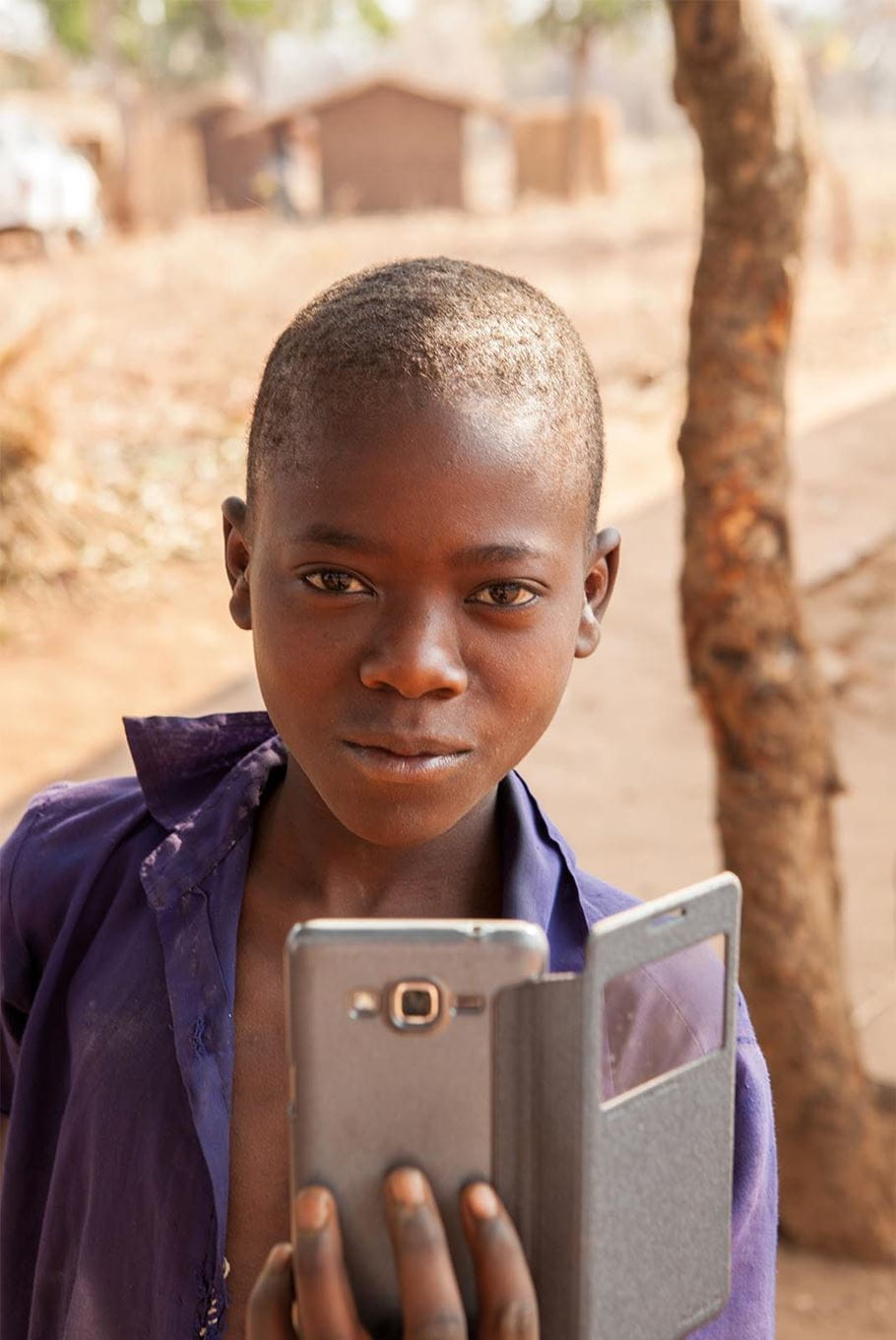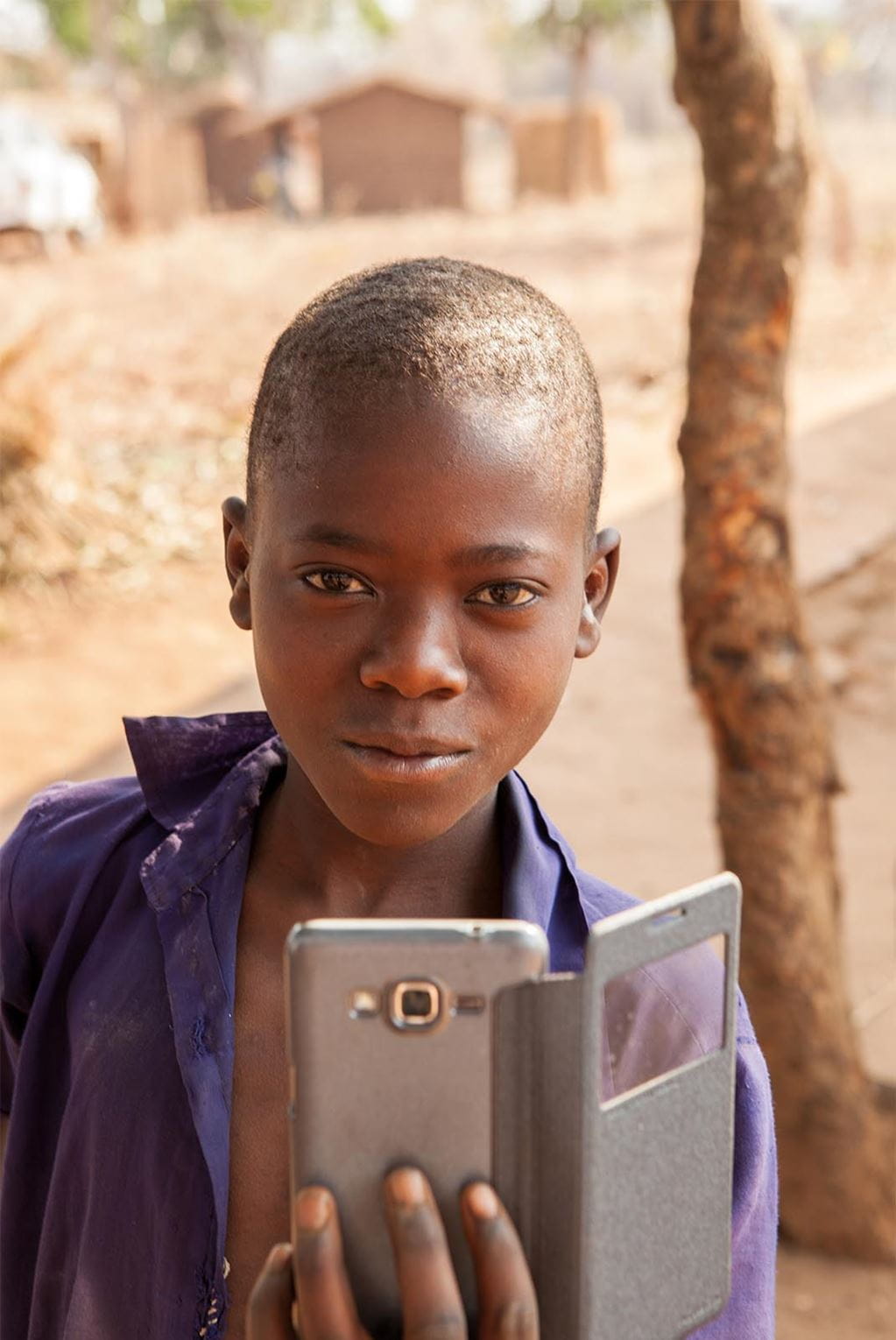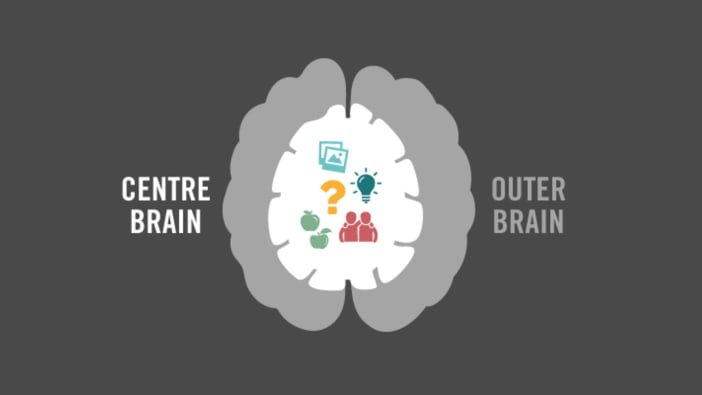Key to the success of any fundraising campaign is the ability to attract people’s attention to the work you are doing. Photographs and videos can do this very well. People enjoy looking at them and they can often share information more quickly and effectively than words alone.
However, before you step behind the camera, here are a few important things to consider.
Ask for permission
Do not take photographs or videos of people without asking them first.
In group situations such as meetings or church services, ask the leader to announce that you will be taking photographs or filming. Give people the opportunity to sit in a different place if they would prefer not to be involved.
If a picture is taken in public (eg the street) or the people in it cannot be identified, you do not usually need to ask permission. However, it is good practice to do so wherever possible. If photographing children, it is important to gain permission from the adult responsible for them.
Make sure people understand the ‘five things’ below before they decide whether or not to give you permission to take photos or videos of them.
Honesty
It is important that photos and videos respect people’s rights and dignity. They must not be used to exaggerate or distort the truth. For example:
- do not ask people to look sad or cry for the camera
- do not take a photograph of one thing and then say or imply it is of something else
- if an image shows an unusual situation, eg children out of school, do not use it to imply that the problem is bigger than it is. Where possible, use several images to reflect the whole situation.
Aim to be confident that, to the best of your knowledge, the people in the pictures would consider the images and their use to be truthful if they were to see them. Where appropriate, ask for permission to include people’s names alongside photos as a sign of respect. Also include the name of the photographer.












